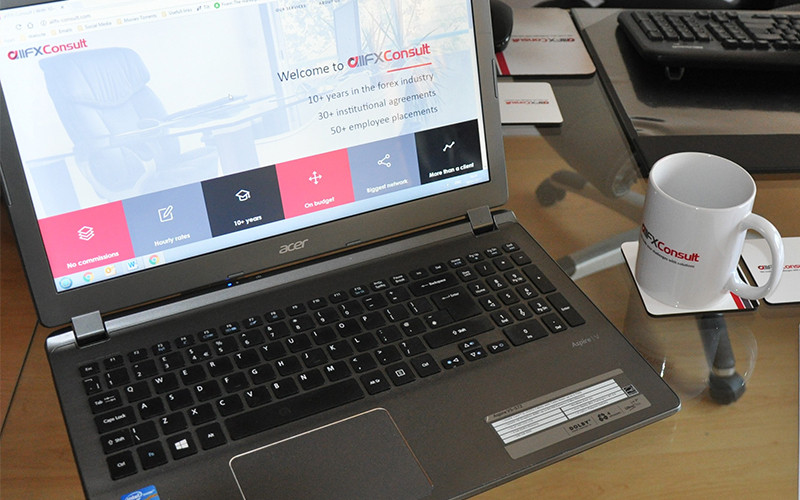Belize Forex License | Definitions and Application Requirements
Currently considered one of the top offshore forex license options, the Belize forex license has established itself among one the best to have. With a higher capital requirement, the Belize option provides some insight into the level of capital available and seriousness of the Broker associated. Belize also offers a favourable Tax framework. Although there are reporting requirements, physical presence for board meetings is not required (with other solutions being acceptable). Belize maintains a good reputation in trader communities (compared to other offshore jurisdictions).
to answer the most frequently asked questions we receive on a Belize Forex License:
- Local office with at least 1 employee is a requirement
- The capital requirement is $500,000
How does someone start the process to obtaining a Belize Forex License?
As with most licenses, the first step is the formation / incorporation of a Belize company followed by the process of collecting/submitting the necessary documents and finally evaluation and approval/rejection of the license by the regulator. Further questions, documents might be requested throughout the process but with the final approval, the license fees are paid to the regulator and the steps for opening a corporate bank account to deposit the capital requirement can start.
If you have Institutional business as a network and operate through a forex IB or White Label program, jurisdictions like Belize may be considered a “pricier” option when considering to start your own brokerage, but it does give a strong impression regarding the seriousness of your business. Unlike working unregulated, Belize will provide comfort to your clients who need a regulated broker to support their trading needs.
Find out which brokers are registered in Belize today as well as the country’s latest economic data.
In this regard, some of the documents required (but not limited to) are:
- An accurately completed application form, signed and notarized
- Details and Data on directors and shareholders with documentary evidence of information provided
- Copies of passports, proof of country residence and bank statements separately on each shareholder and director all of which must be notarized
- A CV for each shareholder and director
- A comprehensive business plan
- Clean criminal record from each of the respective countries of origin for each of the directors / shareholders
- Letters of reference from Banking Providers
All documents that are presented in the case for application and company formation should be complete, duly signed and notarized by a Belize notary. If the original documents are not in English, these should be translated and certified locally. For government issued documents, there may be a requirement for these to be apostilled.
Information on the corporate structure requirements of a Belize forex license
Shareholders and Directors are not required to reside in Belize, however they are required to have appropriate background and experience fitting their roles. They should have a clean criminal record. There must be a local director (Belize resident) on the board. In order for the process of the license to begin, a local entity must be established with all the relevant documents and information submitted. Belize is FATCA compliant, but still maintains the discreet handling of banking and transaction details.
A company that is looking to acquire a Belize license, will be required to have a capital adequacy of no less than $500,000 and will be required to pay a yearly fee of $25,000. The company will be required to keep up-to-date records and maintain regular reporting with the regulator at the prescribed periods (Reporting will include – but not limited to – capital, income, as well as the number, volumes and values of all executed trades. It is important to select the name of the company correctly and according to the guidelines of the Belize authorities.
In order to benefit from the various corporate incentives for operation of international business, it is important to note that no transactions should be conducted with local Belize entities or individuals and that the Belize Dollar should not be a currency offered for trade / transaction.
Looking for a Belize Forex License? Contact us today too look into the details
Time frames to get the Belize forex license:
It’s in the discretion of the national regulator to approve, ask questions or even reject any application depending on its complexity and structure. Process should be completed within 3-6 moths from submission of application. Our initial (internal) assessments are usually enough to identify problems (if any) in the early stages, thus maintaining excellent time frames.
How allFX-Consult can step into this picture:
allFX-Consult is a capital markets and forex consulting agency, catering to quality rather than quantity. For over a decade, our Directors have been connecting with some of the best individuals/professionals, service providers and brokers the industry has to offer so that we can meet any forex corporate challenge.
Because of this, allFX-Consult always has a counterpart/partner for any corporate structure. Before we make any recommendations, we thoroughly examine all possibilities. We’re chosen for being discreet, detail oriented and deadline driven.
Contact us for a private conversation to discuss your case through the contact form or one of our emails at info@allfx–consult.com, partners@allfx-consult.com.
#forexlicense #offshorelicense #belizeforexlicense #forexib #whitelabel
You might find this interesting
Top EU and Offshore jurisdictions | Including brokers registered there & the country’s economic data
Comprehensive list of worldwide regulators and supervising bodies
What is a Forex White Label – should you go ahead and get one?


